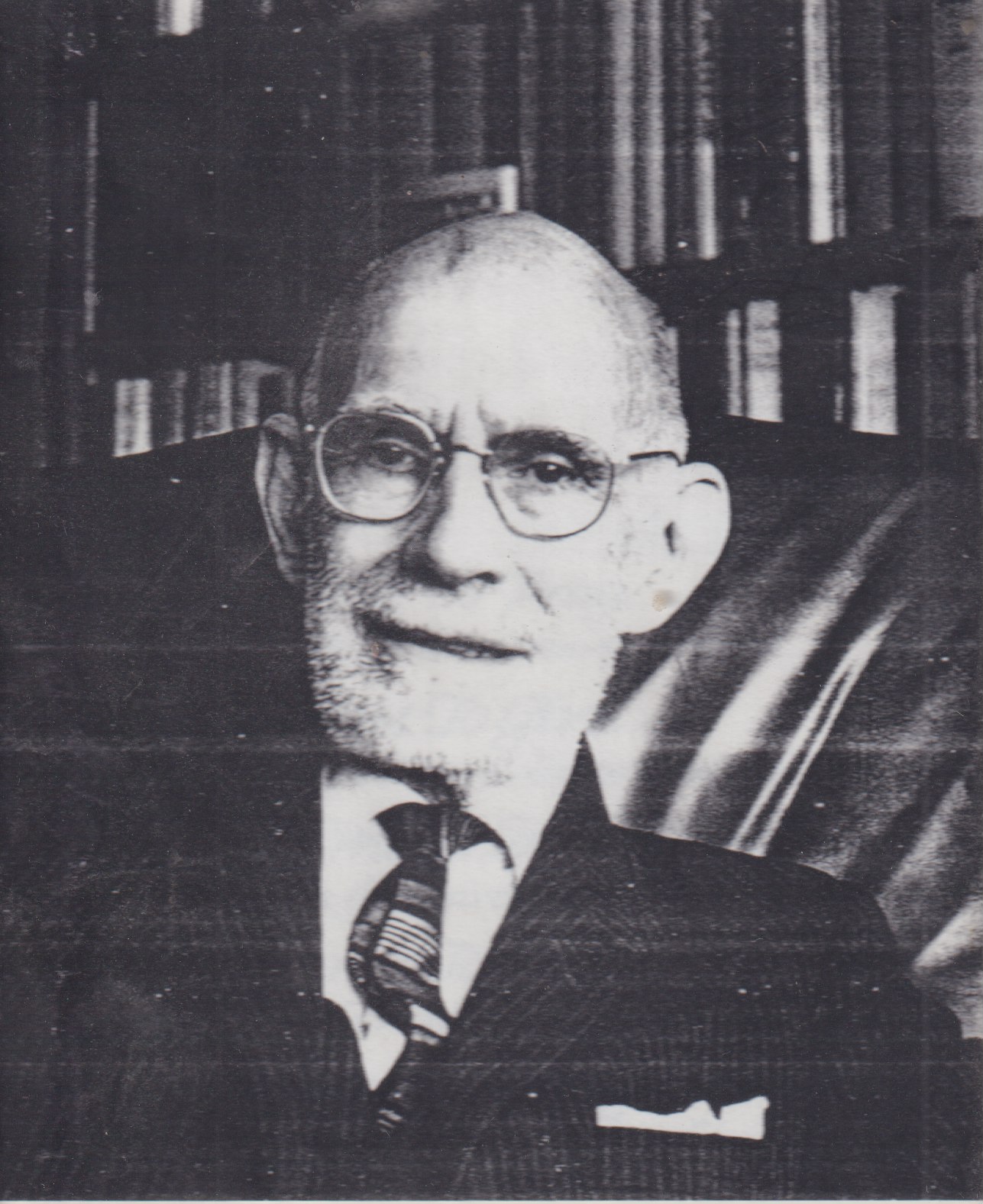Morton Smith (1915-1991)
I took his course in Ancient History at Columbia during my sophomore year 1960-61. It was incredibly rigorous and I loved every minute of it, especially filling in hundreds of locations of ancient sites on the base maps he had us buy, assisted with the required text of the Grosser Historischer Welt Atlas.
Deeply curious about the explicit homosexuality I read about in Plato’s Symposium in Freshman Humanities, I decided to write a research paper on this topic in other Greek classics and found that indeed the “love that could not be spoken” in 1959 was central to the exclusive culture of classical philosophers–not because I felt attracted to it but because it violated so many of the norms I’d grown up with.
The paper was returned with one of his rare high grades and with a surprising invitation to take a job as his reader for the same class during the following year, a job that involved meticulous correction of the maps and other objective parts of his tests.
I’m not sure whether it was during that junior year or during the following senior year that he also invited me to become his research assistant. Having learned about his exalted and frightening reputation (see the article below), I was immensely flattered and ended up spending several evening hours a week in his cramped apartment–every wall in it stuffed with books floor to ceiling–at close quarters, following his instructions to find key words in the thousands of note cards he was churning out next to me, write them in the upper right corner of each card and file them in the banks of oak drawers that could be moved around in the tiny spaces left on his floor. I knew that most of the material had to do with obscure early Christian sects and texts, but had minimal understanding of what they were about.
Sometimes he would take a break for supper, which invariably was apple sauce on toast. On one of those occasions, he invited me to join him in his bedroom, sitting on the bed which extended from one wall of books to another. After a little bit of small talk, he asked me if I liked opera, which I did, especially up in the affordable seats near the ceiling of the old Met on dates with one of the girls I was in love with during those years. Then he asked if I would like to join him at a performance of La Traviata on Saturday night. Suddenly I got the picture. Why select me to be his grader and invite me into such close contact when there was no chance I’d ever have the scholarly focus required of a real protege? But I wasnt shocked or offended, just a little regretful to turn down an offer which I sensed left him more exposed than I ever thought possible. We returned to work, but I dont think he continued scheduling me to come back.
One of the things I remember still was his fierce determination to debunk the historicity of the narratives of the New Testament, especially the stories of miracles. After I returned to teach at Columbia in the late sixties, I had no contact with him, and while teaching the Gospel texts in Humanities class, found myself enthralled by their stories of a charismatic leader inspiring faith in a growing community of dissident followers. On occasion and appropriately medicated, I saw myself playing that role. But many years later, while working on my book on Shakespeare and the Bible, I found myself drawn back to Smith’s perspective, which I detected being foreshadowed in the texts of many of the plays.

gospel-secrets-biblical-controversies-morton-smith
